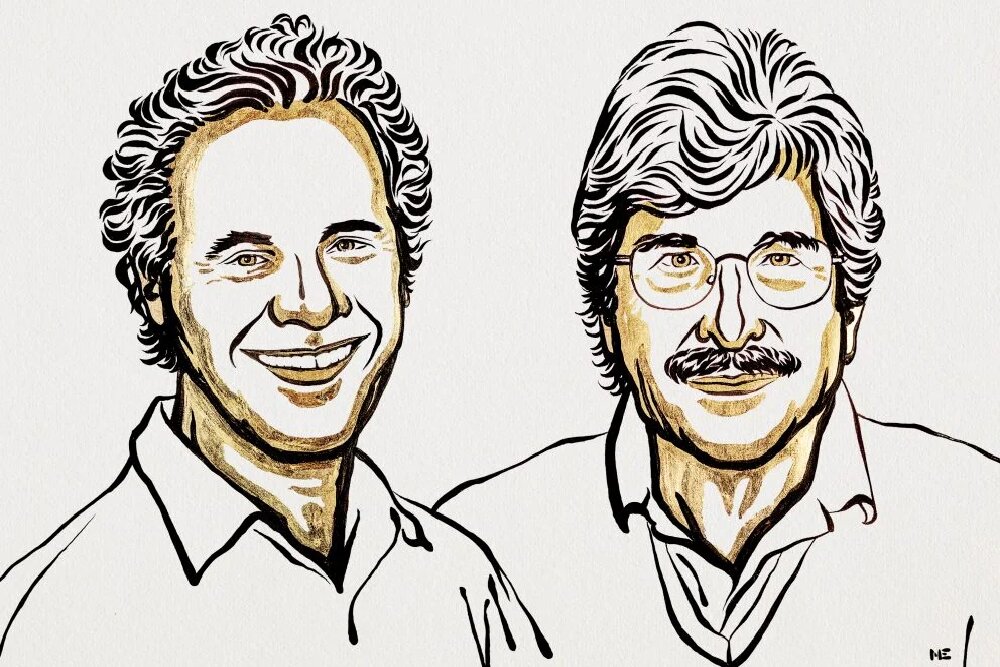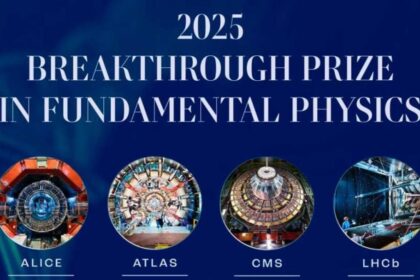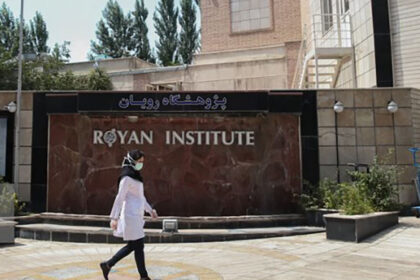The 2024 Nobel Prize in Medicine was awarded to Victor Ambrose and Gary Raukon.
According to RCO News Agency, The Nobel Committee awarded this year’s Nobel Prize in Medicine to Victor Ambrose and Gary Raukon for the discovery of the microarray and its role in post-transcriptional gene regulation.
Victor Ambrose and Gary Ravkun discovered microarrays. Microarranes are a new group of small arane molecules that play an important role in gene regulation. Their groundbreaking discovery in the small worm Elegance revealed an entirely new principle in gene regulation. Their research showed that this molecule is essential for multicellular organisms, including humans. It has been proven that microarrays are very important for how living organisms grow and function.
According to the Nobel Prize, the evolution of multicellular organisms from unicellular ancestors, during which each type of cell acquired specific functions, required more complex mechanisms for gene regulation. In addition to transcriptional gene regulation mediated by DNA-binding factors acting on regulatory sequences, other forms of control systems evolved as organisms of increasing complexity.
Over hundreds of millions of years, genes encoding small non-coding RNA molecules called microRNAs have expanded in the genomes of multicellular organisms to exert post-transcriptional control over messenger RNA stability and protein transport. Microarrays and their gene regulation were completely unknown until their discovery by Victor Ambrose and Gary Raukon in 1993.
These two Nobel laureates investigated mutant nematodes of the worm elegans with developmental defects caused by changes in the genetic locus of “lin-4” and “lin-14”. Ambrose’s laboratory cloned the lin-4 gene and in a surprising discovery showed that this gene does not encode a protein, but instead encodes a short 22-nucleotide non-coding arane. In parallel, Ravkun’s lab found that lin-4 regulates lin-14 through multiple elements in the 3’UTR untranslated region.
After comparing the sequence information, they defined partial sequence complementarity between the short non-coding RNA of lin-4 and the 3’UTR elements of lin-14. This was the first glimpse of a new concept of regulatory arrays, microarrays.
In 2000, Ravkun Laboratory discovered the microarray “let-7” (let-7), which led to the identification of identical microarrays in different animal species, including humans. This discovery sparked cloning and sequencing efforts aimed at identifying microarrays across the animal kingdom, and revealed that microarrays comprise a large group of regulators that control vast networks of protein-coding genes. Ambrose and Ravkun’s discovery was completely unexpected and revealed a post-transcriptional regulatory mechanism with critical roles in animal development and adult tissue function.
Controlling the time and location of each gene must be transcribed in an RNAi and transferred to a protein. The precise instructions for cell-specific gene regulation are encoded in the genetic material itself, and the sequence is then enforced by DNA-binding proteins.
A new dimension to gene regulation has been revealed thanks to the important discovery of Ambrose and Ravkun and many other scientists who have made previous findings. While proteins in the cell nucleus regulate transcription and arane editing, microarrays control messenger arane transport and degradation in the cytoplasm. This unexpected layer of post-transcriptional gene regulation is of critical importance throughout animal development and in a variety of mature cells and is essential for complex multicellular life.
About Nobel Medicine 2024 winners
Victor Ambrose
Victor Ambrose, an American developmental biologist, was born on December 1, 1953 in Hanover, New Hampshire.
Ambrose received a bachelor’s degree in biology from MIT in 1975 and completed his PhD in 1979 under the supervision of Nobel Prize winner David Baltimore. Ambrose continued his research at MIT as the first postdoctoral fellow in the lab of Nobel Prize winner Robert Horvitz. He joined the faculty of Harvard University in 1984 and went to Dartmouth College in 1992.
This scientist is now a researcher at the University of Massachusetts Medical School (UMass).
Gary Ravkun
Gary Raukun, an American molecular biologist, was born in 1952 in Berkeley, California.
Ravkun received his bachelor’s degree in 1973 from UC Berkeley. He did his doctoral research at Harvard University in the laboratory of American biologist Frederick Ausubel. Ravkun completed his postdoctoral studies under Robert Horowitz at MIT and Walter Gilbert at Harvard University.
Ravkun is currently a professor of genetics at Harvard Medical School and Mass General Hospital.
end of message
RCO NEWS


















